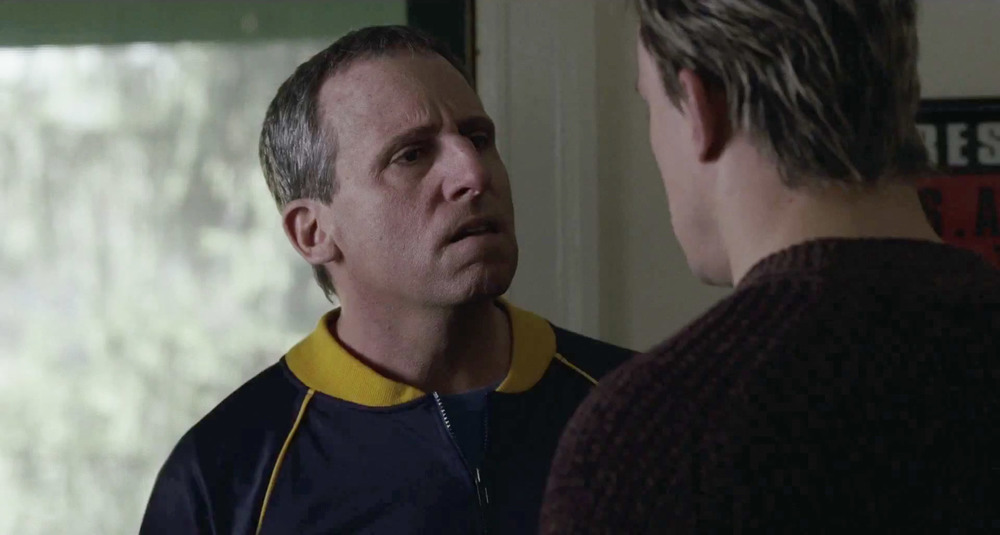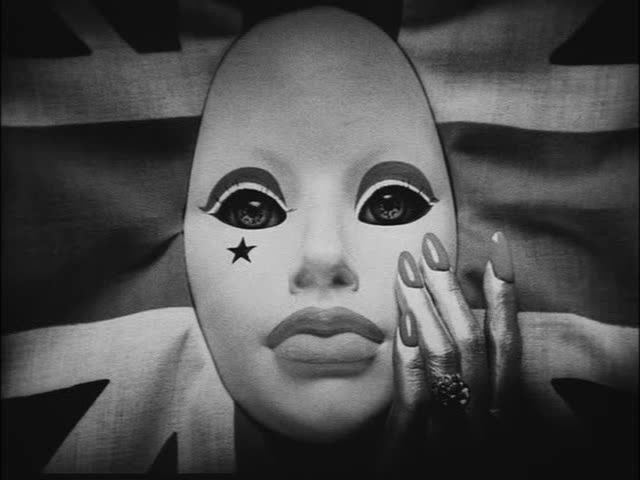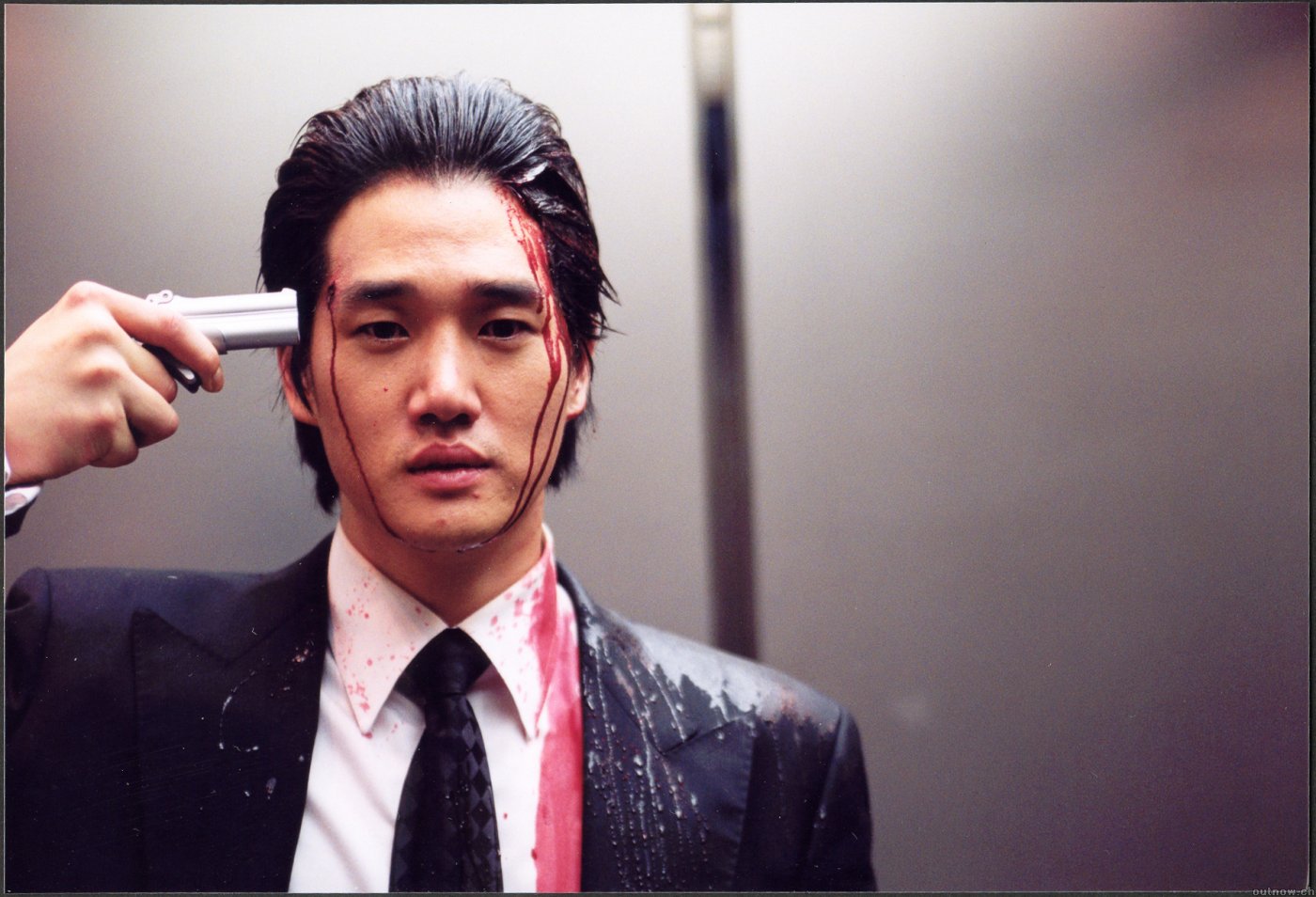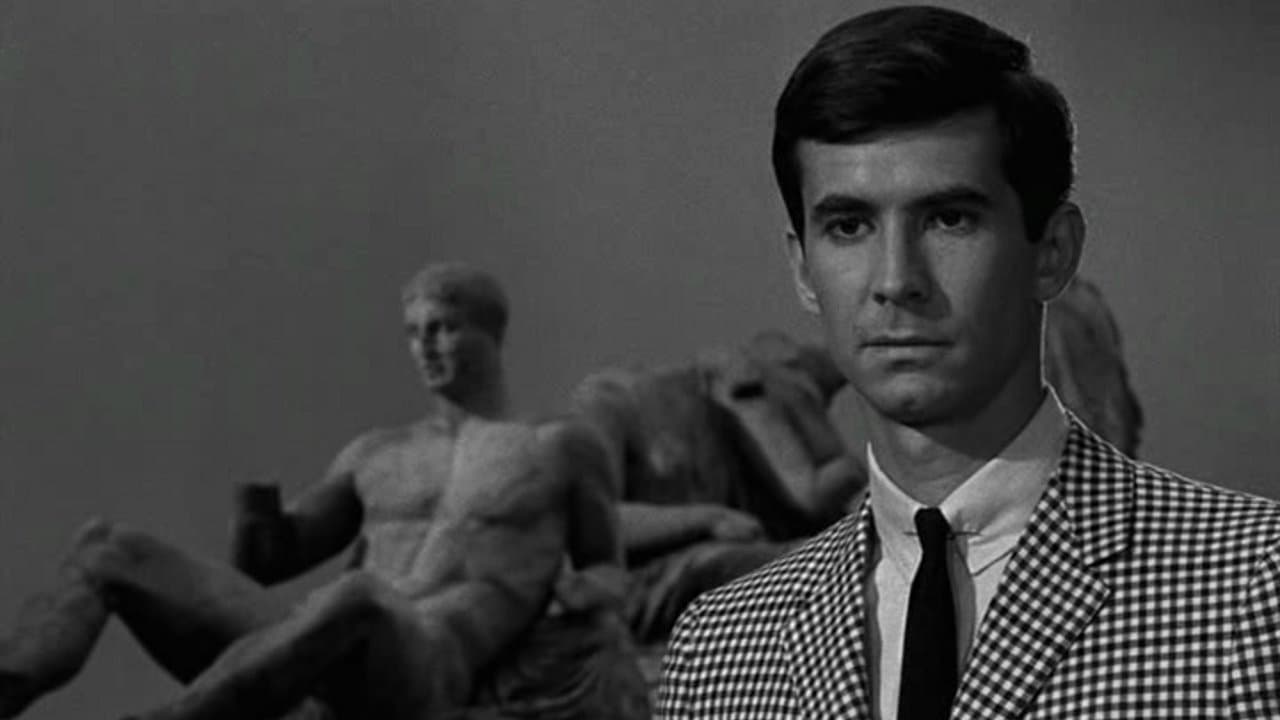6. The Godfather Part II (1974)

Francis Ford Coppola introduced us to the Corleone family two years earlier, but in the second installment, we get to see the true parallelism with Greek theater. In terms of ancient myths and more importantly family discourse, we see it in the Corleone family.
The dual narratives of Vito and Michael show the rise of the father into the criminal world while we see the downfall of the son in the empire he created. Enough segments prove how the snake eats its own tail in the film. But also, watching the present day shows how the family tears itself apart.
We see Fredo going against the family to better himself, leading to his eventual death by the hands of Michael; of course, after their mother dies. We see Kay reveal she had an abortion to not bring another monster into Michael’s world. The film is full of characters that meet tragic ends such as Hyman Roth’s ego or Don Fanucci’s pride.
What makes the film truly unbelievable in terms of ancient theater created by Sophocles, Euripides and Aeschylus is that we see each character’s arc in the film, particularly that of Vito and Michael. Each one’s ending at the end of “Part II” shows the dramatization and realization that Coppola puts forth. Nothing can better sum up the tragedy that the final shot, Michael reflecting on his choices, empty, alone on a bench.
7. Foxcatcher (2014)

A true story revolving around the U.S. Olympic wrestling team in the 1980s and 1990s played out like a Greek tragedy. The film surrounding mentally unstable billionaire John du Pont, played by Steve Carell; younger brother and wrestler wanting to achieve glory, Mark Schultz, played by Channing Tatum; and the older, more wise former brother and wrestler, Dave Schultz, played by Mark Ruffalo, ended in terrible ways.
The film can resemble any ancient myth of an untouchable god or a warrior wanting to prove themselves in the high courts or on the battlefield, but is in the shadow of another warrior. What makes the film even more resembling that of the tragedy is the dark and bleak tone established by director Bennett Miller, with the score of Rob Simonsen and cinematography by Greig Fraser. As the film and loyally true story unfolds, the audience starts to see the layers of relationship and inner characteristics revealed.
The film is unsettling because you never know what the characters are going to do from the simplest actions, but it is not going to end well. Take when Carell’s du Pont fires a pistol in the wrestling room announcing how many days to the Olympics, or as Tatum’s Mark eat excessively and smash his hotel room to losing 12 pounds in 90 minutes. The film is masterful is establishing a mood and atmosphere that could resemble the best of ancient theater.
8. Funeral Parade of Roses (1969)

How could a avant-garde film in the gay underworld subculture of transvestites in 1969 Japan that inspired Kubrick’s “A Clockwork Orange” resemble the work of a Greek tragedy? Toshio Matsumoto drew from Sophocles’ “Oedipus Rex” into the plot, which makes this highly original film stand out.
The film is a true cinematic experience, jumping from docudrama as the passengers on the street don’t know a film is being played out to flashes of imagery, such as the motif of a burning cigarette into a paper, to a theatrical version of a boy murdering his mother to marry his father, a spin on the tale.
Matsumoto constantly keeps you guessing where the film is going to go, and you must surrender to the experience. However, the one recurring narrative is the Oedipus Rex subplot that keeps us grounded and reminds us of where this film could be heading.
Matsumoto showed how a film that evokes Greek tragedy doesn’t how to be draining in our emotions, but can be kinetic and experimental in form and approach without digressing from the authorship of Sophocles. He keeps the viewer constantly intrigued, and despite one understanding of the ancient story, you don’t feel a tragedy is being played out. Instead you get a ruthless, no-holds-barred Japanese film and truly one of the best arthouse films.
9. Oldboy (2003)

Park Chan-wook reached new heights of world cinema with this film. He has dealt with vengeance and destructed families before and again, but not in this way. He has spoken openly about the influence of Greek tragedy in the film from ‘the image of Apollo’ to Oedipus the King to Zeus and Hera and finally Oedipus at Colonus. All of these are structured in the masterwork from South Korea.
The film’s plot is too detailed to explain. We see incestuous relationships play out, some known and others not. We see the seeking of knowledge and revenge from the protagonist, Choi Min-sik as Oh Dae-su, and the hubristic and godlike control of the antagonist Yoo Ji-tae as Lee Woo-jin, and the innocent helper and love interest, Kang Hye-jung as mi-do. These three players evoke tremendous characters that employ hubris, punishment, sorrow, love, pity, guilt, and reconciliation.
Despite a beautiful brutal and revealing scene toward the end of the film, Park takes the theater’s works into a mystery, neo-noir, and pure action thriller. Take the one-take dolly shot of Oh Dae-su and his hammer as he beats his way through dozens of security guards. Or even the tastings of all the dumplings in Seoul to get closer to the perpetrator.
Park’s film is constantly discussed for intense scenes of violence from the vengeance, but it is all grounded in the roots of Greek tragedy that makes these scenes even more powerful.
10. Phaedra (1962)

Jules Dassin, a blacklisted Hollywood director, started working more and more in Greece after marrying actress Melina Mercouri, who collaborated together on this film as well. The film explores how Mercouri as Phaedra finds the difficulty of holding her sexual desires to her husband’s son from his first marriage, Alexis, played by Anthony Perkins. The film takes the story from Euripides; Hippolytus.
Throughout the film, we get stunning views of the Greek waterfront and culture around bourgeois families and their boats, escalating the setting for this tragedy. The chemistry of glances and exchanges between Perkins and particularly by Mercouri allow the viewer to become sucked into this sensual relationship that will become sexual. Dassin makes tremendous use of water from the sea to the rain to show the inner repressed desires of these two characters.
However, after Phaedra and Alexis finally unite in a intense scene that we’ve been anticipating, things start to unravel. The film changes tone and the tragedy really takes precedence over everything else. You know the relationship was doomed from the beginning.
This beautifully shot film by Jacques Matteau and score by Mikis Theodorakis controlled under Dassin, with one of the great modern Greek actresses in a Greek setting, based on a Greek tragedy, is a perfect example of a contemporary Greek tragedy.